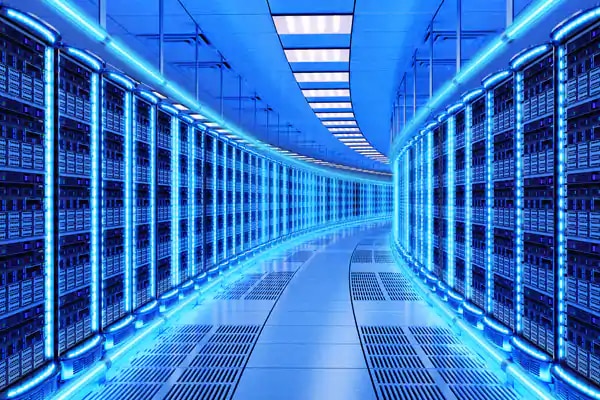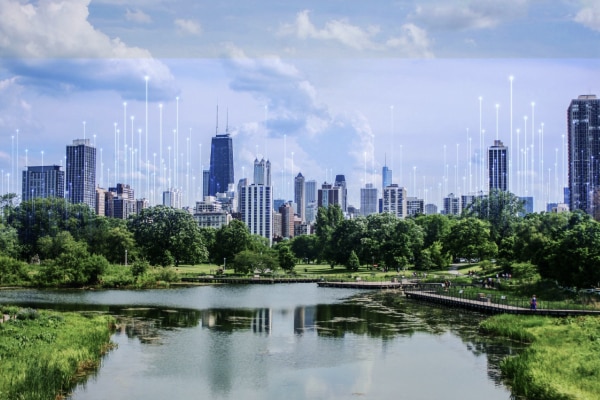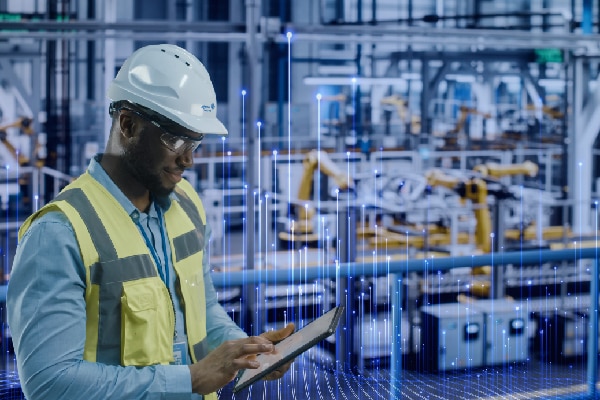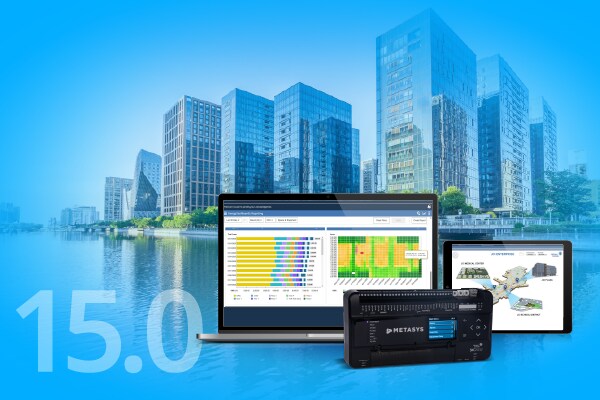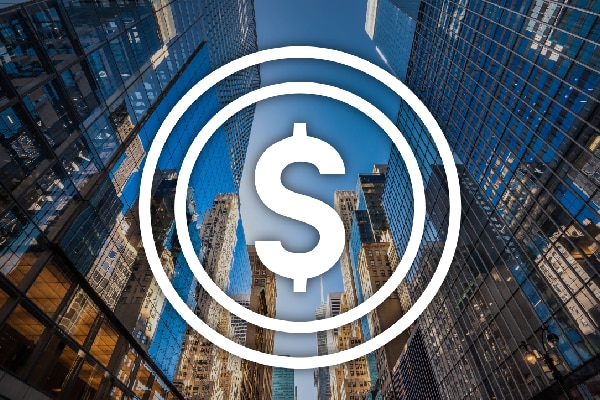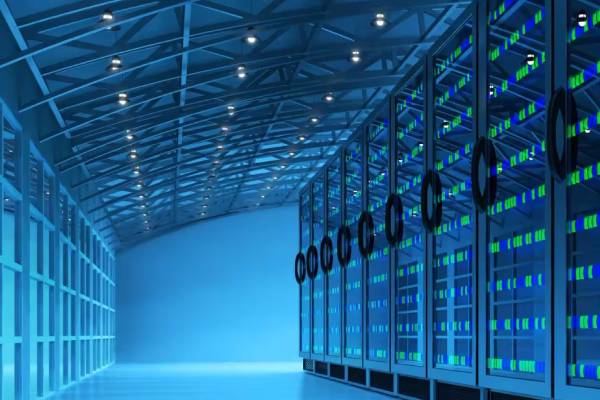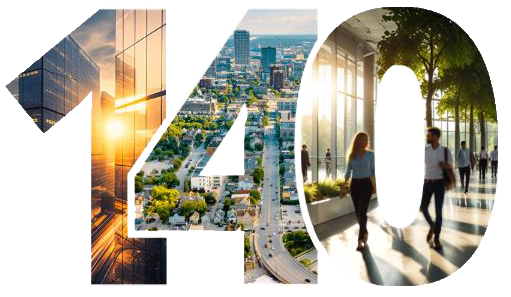- Johnson Controls
- Building Insights
- More Sustainable Buildings
More Sustainable Buildings
Johnson Controls Chief Technology Officer (CTO) Vijay Sankaran expects a total digital transformation of the buildings sector within the next decade. He made the prediction during a recent episode of the Disruptive Innovators podcast, which features discussions with digital business leaders from around the world.

Johnson Controls CTO Vijay Sankaran says he’s always been passionate about technology. In a recent episode of the Disruptive Innovators: Champions of Digital Business podcast, he tells host, David Wright, how that - and his love of problem solving - have shaped his career. Over the years he’s worked in the professional services, healthcare, automotive and fintech sectors but is now confronting his biggest challenge yet - developing solutions to help address climate change
“The opportunity to build out an organization and develop solutions that really do tackle climate change and global warming was something that was just so deeply personal for me,” he says.
Sankaran sets out his vision for Johnson Controls to become a digital leader in the industrial sector. And the way to do that, he says: “… is through building a highly empowered and agile culture that’s constantly delivering digital solutions that are … tackling problems around energy efficiency, asset health, sustainability, safety, security …”
Sankaran speaks in detail about the technologies shaping the building sector now. For example, how processing data at the edge, that is, closer to its source - in this case on the camera, access control, or heating and ventilation unit itself - moves us towards more efficient and sustainable buildings. And how artificial intelligence (AI) is being used to improve the health of indoor spaces. He refers to an optimization model that’s been built in partnership with the Massachusetts Institute of Technology (MIT). He says:
“We’ve actually built an AI model that holistically looks at the different variables in a space and can give a building operator a recommendation on how to optimize variable blowers in the space with the energy output and the ventilation that’s needed to prevent pathogen spread, especially when our sensors are telling us there’s a large group in the space.”
His final example is about the benefits of creating a digital replica of an asset, or a digital twin, that enables building operators to navigate spaces remotely. But he suggests tapping into the data that’s being generated by buildings will deliver even greater benefits within the next decade.
“… everybody’s talking about self-driving cars … and I think the autonomous building is going to happen long before the autonomous vehicle. … what’s going to happen over the next five to ten years is that digital really becomes the norm in buildings …,” he says.
To find out more about the changes taking place within the buildings sector listen to the Disruptive Innovators: Champions of Digital Business podcast.















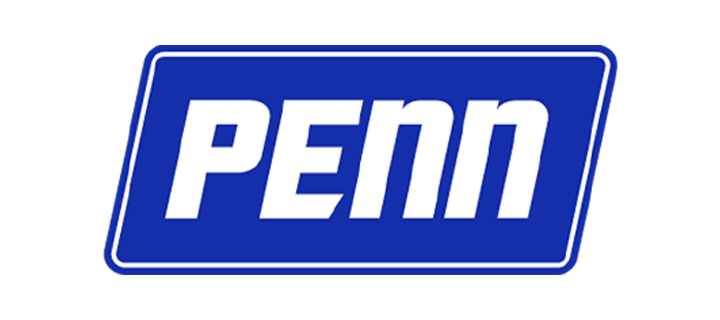

.jpg?la=en&h=320&w=720&hash=244C75B74F0F77521D56164450973BCD)

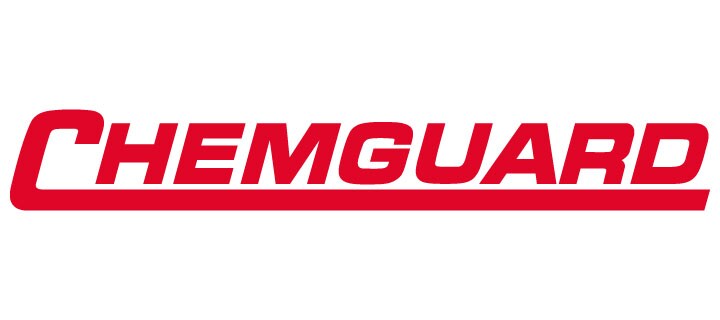
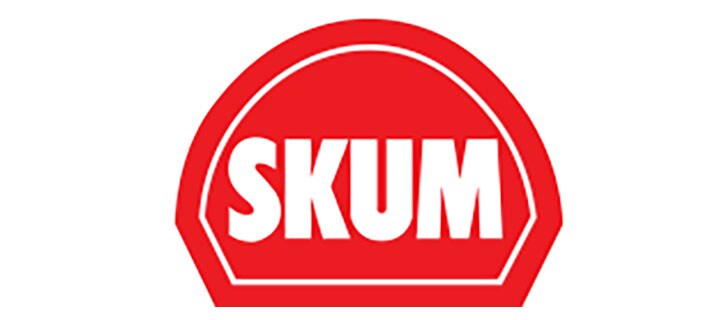


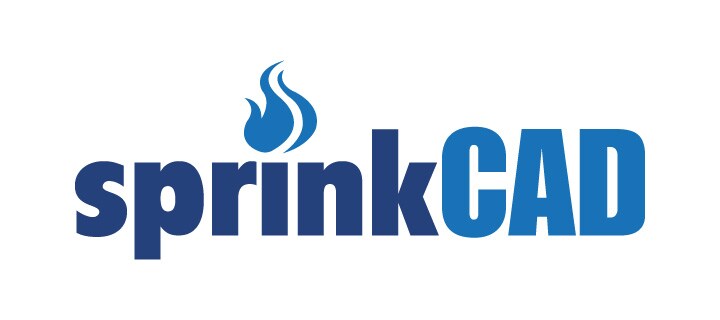
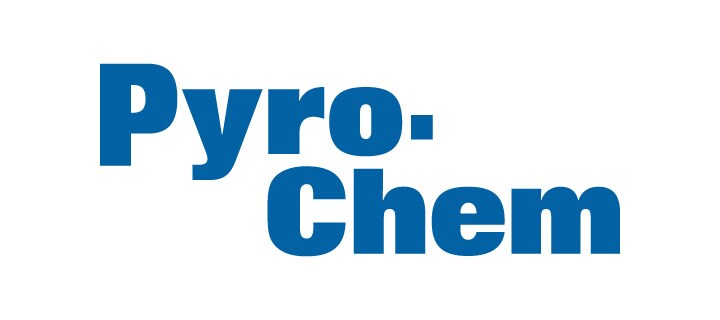







.jpg?la=en&h=310&w=720&hash=8D9823F26AA80B2B75C3E4B2E61770DC)


.jpg?la=en&h=320&w=719&hash=13CA7E4AA3E453809B6726B561F2F4DD)
.jpg?la=en&h=306&w=720&hash=F21A7CD3C49EFBF4D41F00691D09AEAC)

.png?la=en&h=320&w=720&hash=18CFCCD916C92D922F600511FABD775D)




